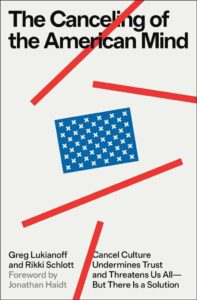To kill a student’s mind
A teacher who wants to limit students’ minds and close off their horizons is a vile person. To Kill a Mockingbird is a powerful, moving novel about racial injustice in the South. It presents a world that’s different from today’s America and presents the suffering and hope of the people who suffered and tried to correct its injustices. A man defends the target of a false criminal accusation at great personal cost. For this reason, four progressive teachers in the state of Washington wanted to keep their students from reading it. A Washington Post article tells the tale.
In their formal challenge to the book in the Mukilteo School District, the teachers claimed, “To Kill A Mockingbird centers on whiteness. … It presents a barrier to understanding and celebrating an authentic Black point of view in Civil Rights era literature and should be removed.” Three of the four are white, just by the way. Claiming that the novel “centers on whiteness” shows either gross ignorance of the book or gross dishonesty. In normal use, the Civil Rights Era began in the 1950s, and the novel is set during the Depression. It’s true that it doesn’t celebrate what it was like to be black in Alabama in those days.
(more…)
 Cancel culture is a prominent, ugly feature of public discourse today, yet many claim it doesn’t exist. They say there are only “consequences,” which amounts to saying that if you’re subjected to abuse because you said something controversial, what else did you expect?
Cancel culture is a prominent, ugly feature of public discourse today, yet many claim it doesn’t exist. They say there are only “consequences,” which amounts to saying that if you’re subjected to abuse because you said something controversial, what else did you expect?